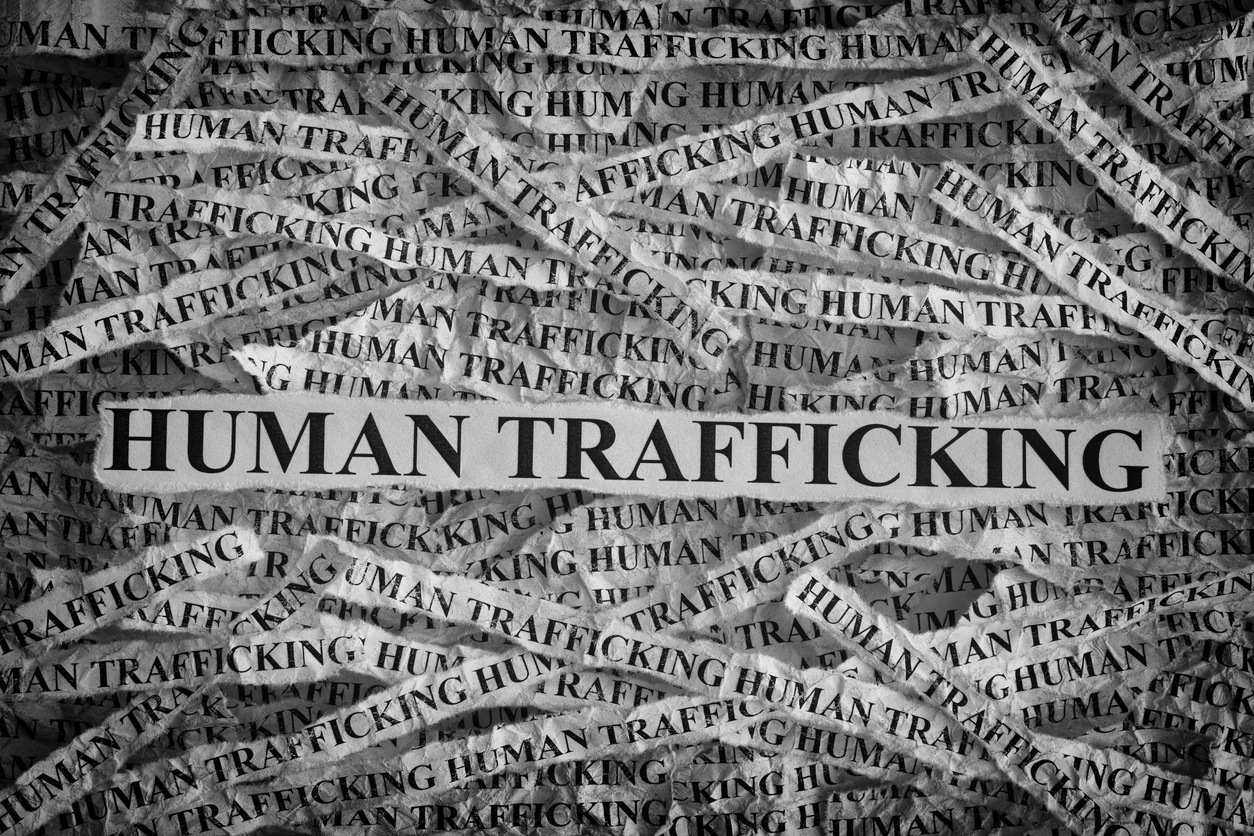Published Dec 27, 2024 | 9:00 AM ⚊ Updated Dec 27, 2024 | 9:00 AM

Human Trafficking (iStock)
Keralites have long been celebrated for their adventurous spirit and willingness to cross oceans in search of better opportunities. However, in their pursuit of foreign dreams, many fail to recognise the red flags of too-good-to-be-true job offers, often finding themselves in serious trouble.
Now, the Kerala Government’s Department of Non-Resident Keralites Affairs (NORKA) has raised the alarm about a chilling new threat: human trafficking syndicates luring unsuspecting job seekers to Southeast Asian nations such as Thailand, Cambodia, Laos, Myanmar, and Vietnam, only to trap them in cybercrime operations.
According to NORKA officials, scammers exploit job seekers’ vulnerabilities by presenting lucrative opportunities, weaving an intricate web of deception through flashy advertisements on social media platforms and promises made by unscrupulous agents.
These so-called “recruiters” entice victims with seemingly irresistible offers for positions such as digital sales and marketing executives, customer support agents, telecallers, and data entry operators. Promises include generous salaries, five-star hotel accommodations, return air tickets, visa assistance, and other extravagant perks. Applicants are further lulled into a false sense of legitimacy by an application process that appears professional and straightforward.
Victims are often recruited through online or in-person interviews, followed by simple tests like typing exams. However, the harsh reality is that many of these roles are allegedly linked to industries such as cryptocurrency fraud, banking fraud, illegal stock trading, call centre scams, honey trapping, and other illicit online activities.
Once “hired”, the unsuspecting, often eager job seekers are illegally smuggled across borders, frequently from Thailand into the Golden Triangle Special Economic Zone in Laos – a notorious hub for criminal enterprises. Neighbouring countries such as Cambodia, Myanmar, and Vietnam are also reported to host these sinister operations.
Upon arrival, victims find themselves living a nightmare. Stripped of their freedom, they are held captive and coerced into participating in illegal activities. The once-promising job in digital marketing or customer service transforms into a life of relentless exploitation, where they are forced to engage in:
According to NORKA officials, forced labour is the least of the victims’ worries.
“Compared with other states, Keralites who fell victims are comparatively low. But some cases have been reported. Going by their accounts, victims are subjected to unthinkable physical and mental torture. Surveillance is constant, and any resistance is met with severe punishment, including beatings and starvation. These individuals are stripped of their dignity, treated as commodities rather than human beings,” said an official.
The psychological toll of the exploitation is equally devastating. Victims live in constant fear, enduring threats to their lives and their families. Many lose hope, trapped in a cycle of abuse, manipulation, and despair. The perpetrators ensure complete submission by isolating their captives and instilling a sense of helplessness.
“You can see such victims across the country. Indian embassies have stepped in to rescue victims from these perilous conditions. Diplomatic efforts have helped save numerous lives, bringing them back to safety. However, the scars of this ordeal remain, both physical and emotional,” added the official.
The chilling accounts of victims serve as a stark reminder for job seekers to remain vigilant and cautious.
“Indian nationals must be aware that visa-on-arrival facilities in Southeast Asian countries strictly prohibit employment. Individuals arriving on such visas are not granted work permits by the respective authorities,” says NORKA.
Tourist visas, similarly, are intended solely for tourism purposes and cannot be used for any form of employment. Those intending to work in Southeast Asian countries must ensure they secure employment only through authorised recruitment agents.
“It is crucial to thoroughly verify the background and credibility of prospective foreign employers. To avoid falling victim to fraudulent job offers, especially those circulating on social media or other unverified platforms, individuals should validate the authenticity of the foreign employer through the Indian embassy in the respective country,” said the official.
Additionally, the e-Migrate portal of the Ministry of External Affairs provides a reliable resource for checking whether the recruiting agent and the company in India are licensed and legitimate.
NORKA further provides details of Indian embassies to contact in case of emergencies:
In 2023, Interpol declared human trafficking linked to Southeast Asian cyber scam centres a global crisis. The United Nations reported that over 100,000 people were trafficked into Cambodia’s scam industry that year, generating over $2 trillion in illicit capital.
The Centre for Strategic and International Studies (CSIS), a nonprofit policy research organisation, estimated that cyber scams in the region generate $43.8 billion annually, fuelling activities such as drug and arms trafficking, sexual exploitation, exotic pet smuggling, and militias linked to Myanmar’s military junta, which has been accused of war crimes and crimes against humanity.
In July, External Affairs Minister S Jaishankar raised the issue with Myanmar and Thailand, emphasising the need for stronger anti-cybercrime mechanisms at the ASEAN Regional Forum in Laos to protect regional security and stability.
(Edited by Dese Gowda)

